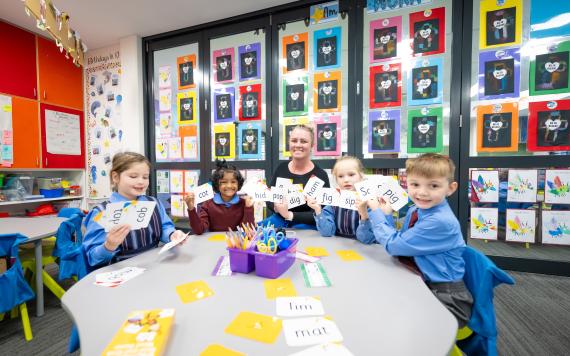Literacy is the ability to identify, understand, interpret, create, communicate and compute, using printed and written materials associated with varying contexts.
Literacy development is learning about sounds, words and language.
Literacy is the basis for your child’s ability to read, write, communicate and socialise.
English as an Additional Language or Dialect (EAL/D)
The EAL/D Early Learner animation series.
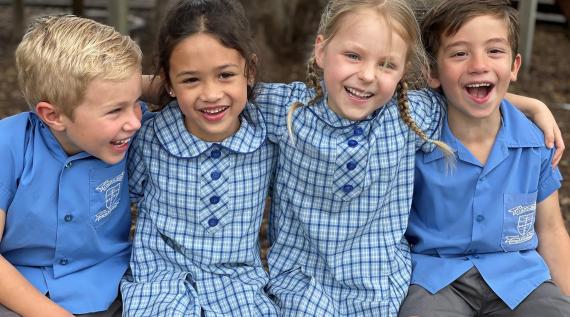
Oral Language
Oral language is a system through which spoken words can be used to express, receive and understand information, ideas and feelings.
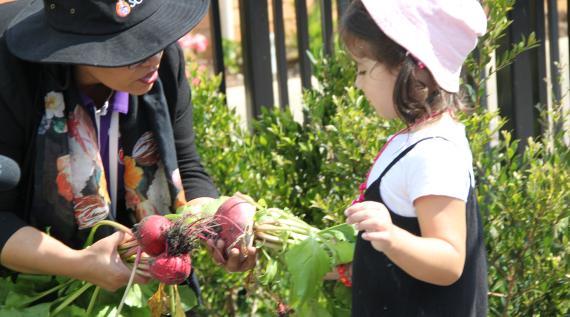
Phonics
Phonics is the relationship between the 26 letters of the English alphabet, and the approximately 44 speech sounds they represent.
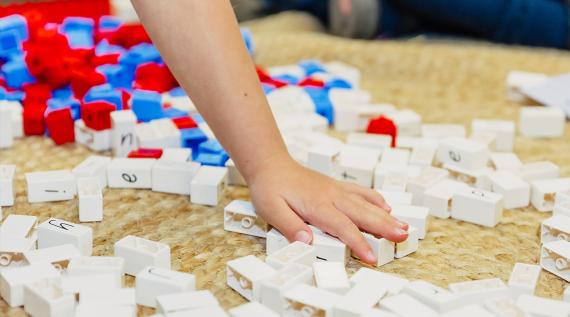
Writing
Drawing and scribbling lay the foundations for writing. Writing starts with scribbling and drawing then moves onto the formation of letters and words that convey a message.
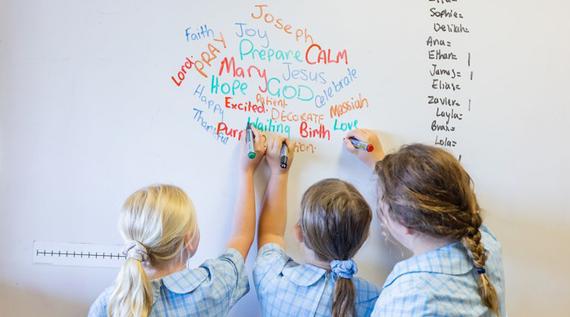
Speaking & Listening
Strong speaking and listening skills provide children with a platform to communicate effectively and predict children’s success in formal classroom settings and life.
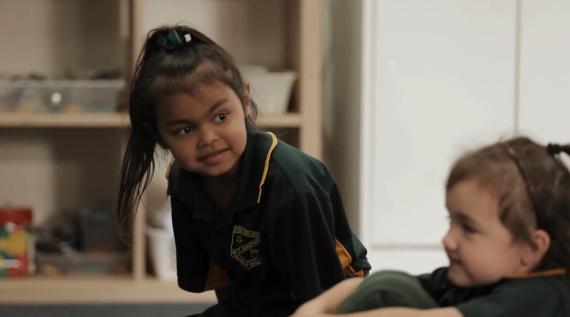
Reading
Early reading skills develop through playing with rhyme, repetition and sounds.
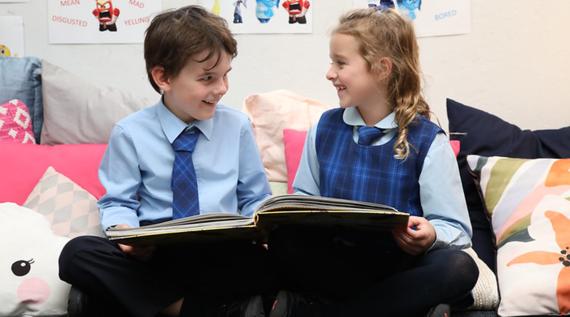
"Wonder is the desire for knowledge."
St Thomas Aquinas
